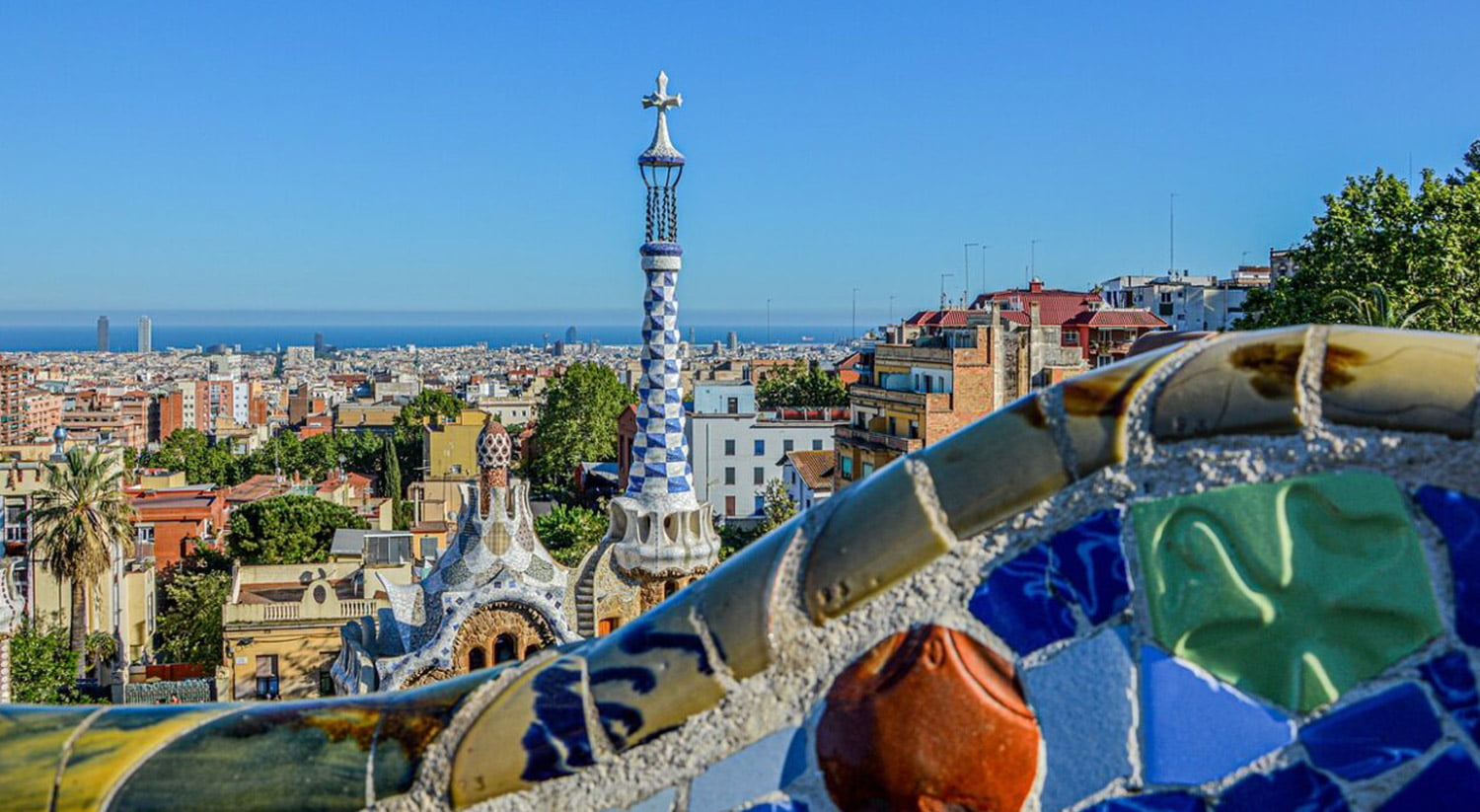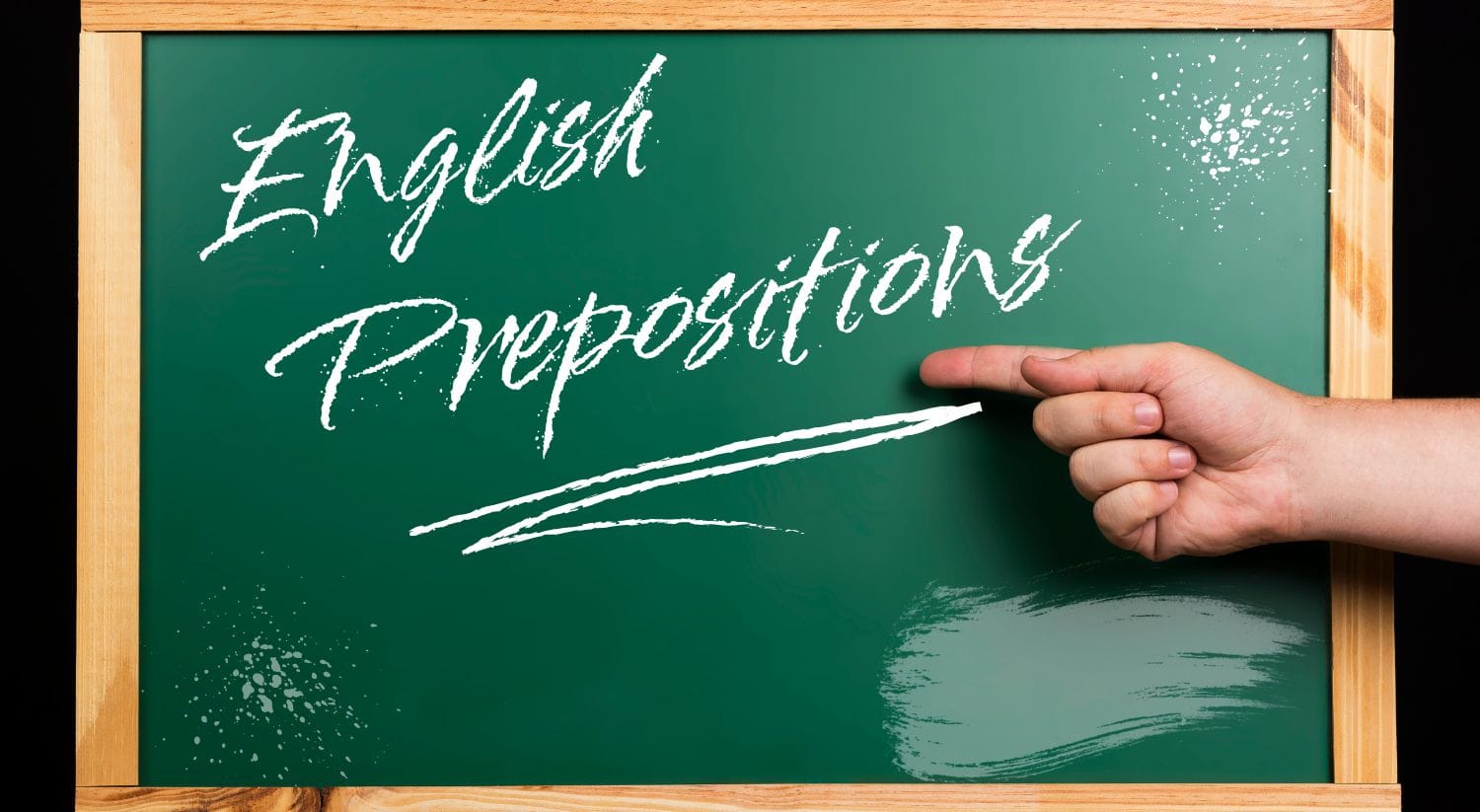AI Translator Assistant
Powered by ChatGPT

- AI Check Grammar
- Verb conjugation
- Synonyms
- Learn languages
- +50 prompts
Newsletter
Most views
Tags
accents
AI
apps
arabic
business world
catalán
Chinese
culture
english
expressions
Family
french
german
guide
Hebrew
history
international
international trade
Italian
japanese
javanese
job interview
language classes
languages
Latin America
learn
Morocco
multilingual
portuguese
productivity
professional development
real life case
russian
Spain
Spanish
storytelling
Talkao Podcasts
talking
technology
tips
translate
Translation
travel
Turkish
United States
Search
Categories
- Learn languages (99)
- News (56)
- Travel & Culture (35)






